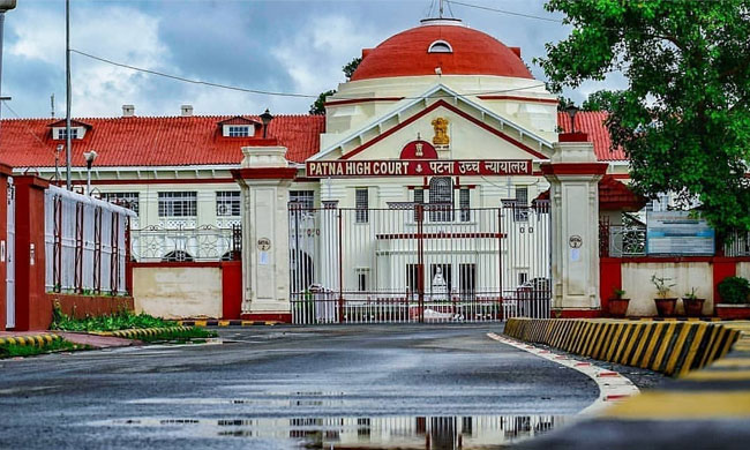In a pivotal decision, the Patna High Court has overturned the dismissal of a Senior Jail Superintendent, emphasizing that mere failure of the delinquent employee to respond to charges related to financial irregularities does not absolve the department of its duty to provide evidence during the inquiry.The division bench of Chief Justice K. Vinod Chandran and Justice Rajiv Roy observed,...

